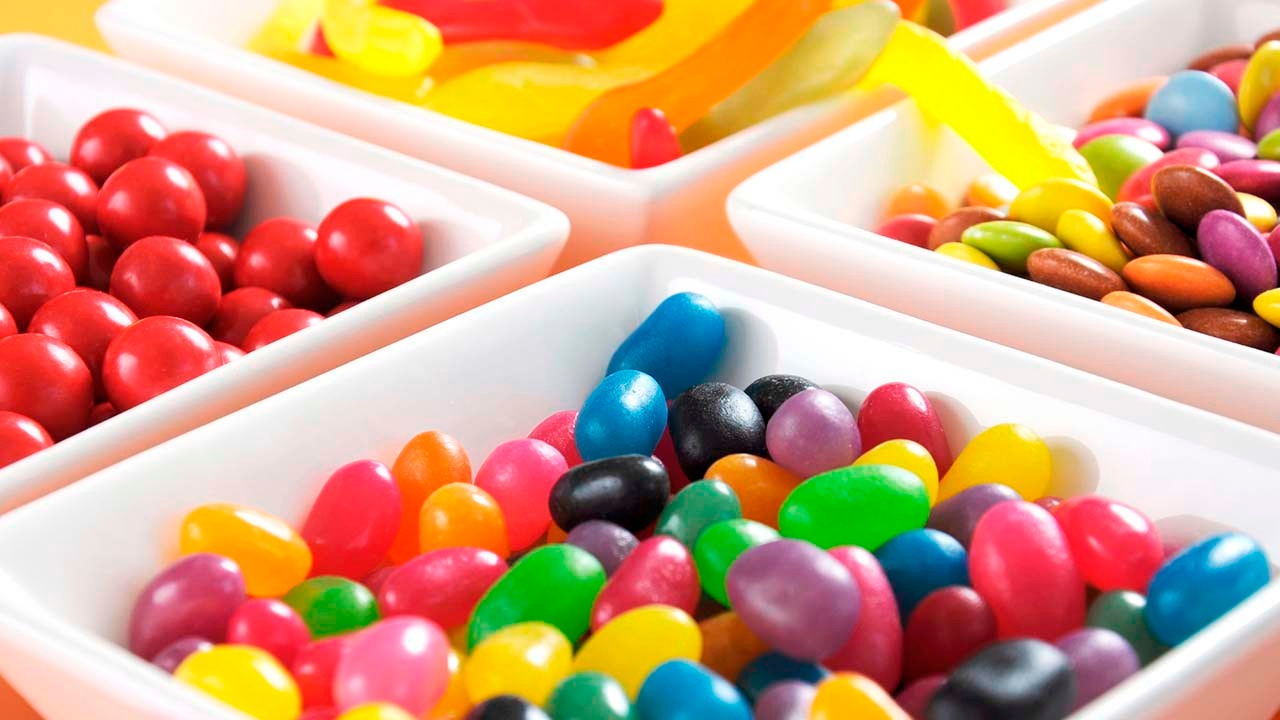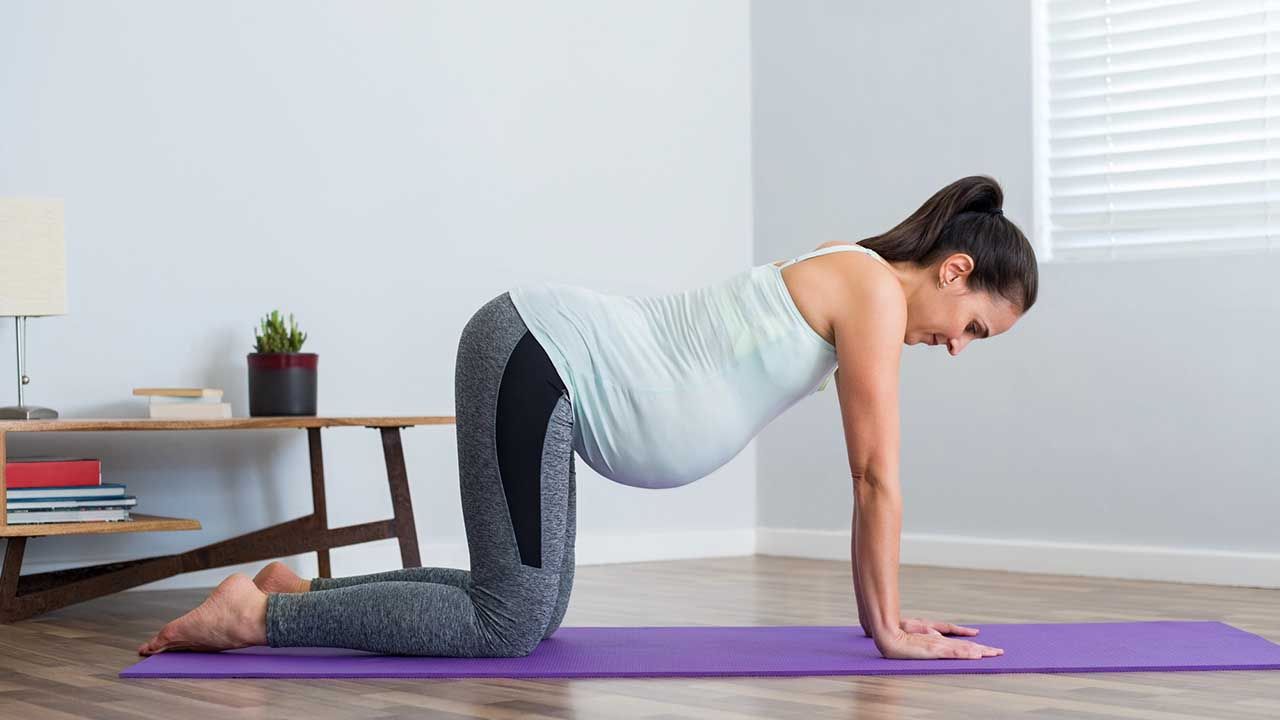Tips For Dealing With Sugar Cravings

The media - both social and mainstream - diet programme marketing and a range of Netflix documentaries would generally have us believe that sugar is terrible. While eating too much of it can cause problems, unless you have specific health issues related to it, having processed sugar in moderation is actually not so bad.
What is sugar?
Food is split into three macronutrients - carbohydrates, proteins and fats. Any given food is usually made up of a combination of several or all of these (for example, milk has protein, fat and lactose - or milk sugar).
The main carbohydrate-dense foods we tend to eat include starchy veges like potatoes and kumara, other veges and fruit, grains such as rice, oats or wheat, and sugars such as honey and table sugar.
Simply put, when you eat any of these carbs, your digestive system breaks them down into glucose, or blood sugar, which then gets transported around your body to various places to be used as energy. If that energy isn't used up then it gets stored for later use.
So you can see that ANY sugar - whether it's fruit sugar, sugar from vegetables or processed table sugar goes through the same processing in our body. However, sugar from natural sources usually comes with other good stuff like vitamins, minerals and dietary fibre which is why unprocessed forms are generally better for us.
It's also quite difficult to go over your recommended daily sugar intake when you're eating predominantly whole foods rather than baked/packaged/processed goods.
So what's the issue with sugar?
The main problems we run into are:
- Many processed and pre-packaged foods have hidden sugars in them. These foods are readily available and it's become difficult to know exactly how much we are eating every day.
- Sugar can be addictive; the more we eat, the more our tastebuds become acclimatised to the sweetness. This is part of the reason why even low calorie sweet foods such as sugar-free chocolate and diet drinks can reinforce sugar addiction. The opposite is also true - the less sugar you eat, the less your body tends to crave it.
- Foods that are high in processed sugar are also often high in fat which is why these foods often get put on 'banished' lists for weight loss diets. Think cakes, biscuits, chocolate, pastries... eaten in moderation these foods are fine, but once they become a regular norm and are no longer treat foods they can affect your waistline and health.
- It's a primary source of fuel for our muscles and our brain, this means that when we get tired, stressed or our body is in fight or flight mode, we tend to want it more. Modern lifestyle issues can drive this, so it's not surprising so many people have trouble keeping sugar cravings under control.
- Processed sugars can give us a quick energy hit as they are easily and quickly digested, but it's therefore followed up with a steep energy drop.
How to deal with sugar cravings
Got a sweet tooth? Here are some tips to help curb those sugar cravings:
Keep junk food out of the house
If you stock only whole foods in your house, you're pretty much only going to eat whole foods unless you make extra effort to go to a cafe, shop or get takeaways. If you have cake, biscuits and lollies on hand all the time, you're more likely to reach for them at any given moment.
This doesn't mean you're not allowed those foods, but it does mean you'll have to really want them in order to get them.
Have Low GI foods
Not all carbs are created equally, as mentioned before, some carbohydrates (such as table sugar or white bread) are easily digestible and give you a quick and fast energy hit followed by a drop, while other carbohydrates (such as porridge oats or grainy bread) take your body longer to break down in the digestive system providing slower released energy. Read up about the Glycaemic Index to learn more.
Nail the basics and prep healthy snacks
Cravings often happen when you're hungry or the rest of the day's food hasn't been balanced nutrition-wise. Learn the basic portion sizes for carbs, protein, fats and veges and follow them as best as possible. Have healthy snacks prepped in advance so you can easily grab them when you're hungry. Maybe even get 'treat' healthy foods - for example, blueberries - that can be pricey but means you're more likely to savour them and eat them slowly with appreciation.
Find a substitute
Sometimes having healthy snacks on hand isn't enough to satisfy the sugar urge. Rather than thinking of foods as black or white unhealthy vs. healthy, think of it like a sliding scale - how could you substitute your desired food for something that's a little healthier? For example, a biscuit that has extra protein or fibre in it, a fizzy drink using Stevia instead of processed sugar.
Distraction time
Sometimes a craving happens because of a reason other than hunger. If you feel like something sugary because you're stressed out, bored or tired (the usual emotions that are associated with sugar cravings!), it can help to distract yourself by doing something else as a substitute. Go for a walk, do a workout, do some gardening. Often by the time you come back, the craving won't be as strong.
Rest and recover
Sometimes when we can't stop wanting sugar, it's because our energy levels are out of whack. Make sure you're getting adequate quantity and quality of sleep at night, that you are having some quiet time each day to de-stress and process your thoughts, and that your body is having enough recovery time between workouts.
If you give in to your craving...
Aim for quality over quantity - cut down rather than cut it out. Get good quality chocolate but make it a small size bar. Have your fave icecream but stick to a single portion in a small cone. See how slowly you can eat it and do it mindfully.
Remember that even if you give in to your craving it's not the end of the world! A moderation approach over time is good to aim for, and the occasional treat wont' blow your diet.
Image / DepositPhotos









